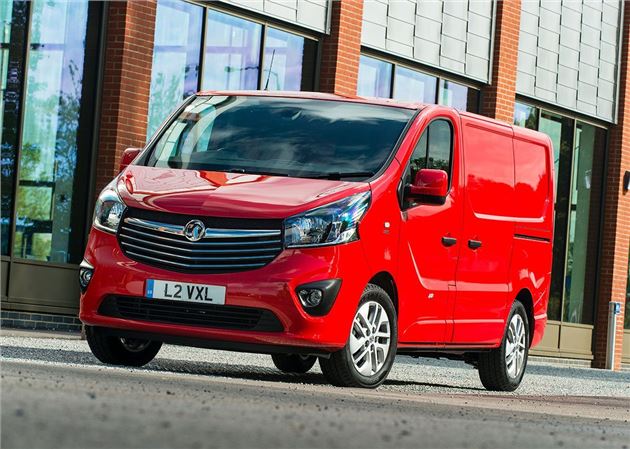How to buy a used van?

Buying a used van - the golden rules
The second-hand market is usually the easiest and cheapest route into van ownership. However, while there are thousands of commercial van to choose from, it's important to protect yourself from unscrupulous sellers and dodgy van dealers by noting some golden used buying rules.
Panel vans come in a huge range of sizes and interior configurations, so it’s important to take some time to work out what you need from the vehicle. Do you need lots of carrying capacity and a powerful engine or will something compact and economical fit the bill?
Some vans will be sold with load coverings, ladder racks, roof bars and internal racking systems. If you need these items then they will potentially save your business time and money. But be realistic about your daily van needs and don’t fall into the trap of paying extra for features that you’ll never use.
There are two golden rules for buying a used van.
The first is to always buy a vehicle with a service history that illustrates responsible maintenance and annual servicing. Ideally, you want a van with a comprehensive history file that traces its life all the way back to the original dealer. If this isn't the case, then at the very least you want paperwork to show the van has had regular servicing, with the oil and filter changed every 12,000 miles or 12 months (whichever is sooner).
The second is to trust your instincts. If something doesn’t look or feel right then walk away and find another van to buy. Don't let a private seller or trader bully you into a sale. And accept no excuses when it comes to the paperwork for the vehicle. Most tricksters will not want to reveal their home location, so be prepared to walk away from the sale (or put the phone down) if you are given any excuses as to why the van is not at the correct address.
VAT on used commercial vehicles
As any business owner will know, VAT is a duty paid on the purchase of goods and services, with a few small exceptions, that goes directly to HM Treasury. For the vast majority of goods and services, the applied rate is 20 per cent. This applies when you buy a new van from a dealership and will be laid out in the breakdown of the overall purchase price, and in most cases it can be reclaimed.
However, if the van is also used privately, the business can only reclaim the amount of VAT that’s proportional to business use. For example, a van that is in private use 50 per cent of the time, can only have half of the VAT reclaimed
How is VAT applied to used vans?
Whether VAT is charged at the point of sale, what the rate applied is and whether or not you can claim back depends on who you buy the vehicle from. This will fall into one of three categories:
- A non-VAT registered dealer or business: If you buy a used van from a trader, private individual or business that is not VAT-registered, you will not be charged VAT on the purchase price. In this instance you are not eligible to reclaim VAT.
- A VAT-registered dealer or business that charges 20 per cent VAT on the purchase price: If you buy from a dealership or business that charges you the full 20 per cent VAT on the purchase price, this must be clearly shown in the paperwork and it is reclaimable if you are VAT-registered.
- A VAT-registered dealer or business that charges VAT on the margin scheme: a dealer or business that has purchased a vehicle from non-qualifying source (such as a private individual) has to pay VAT on any profit made from that vehicle, but can charge you VAT on this margin. Even though you are paying a portion of VAT, your invoice will not show any VAT and it is a treated as a non-qualifying item - so it is not eligible for reclaimed VAT.
If you buy a used van from a dealership you can expect most if not all of the vehicles available to be VAT-qualifying; the majority of vans are bought by business rather than private individuals and the majority of dealerships will be VAT-registered, so the full VAT is payable.
You may see vans advertised as ‘VAT paid’ or ‘no VAT’, which means the van is likely to have come from a private individual. Whatever the source and whatever the VAT rate applied, you should compare prices, calculate applicable VAT and what you can reclaim and work out what is the best value for you.



Comments
Post a Comment